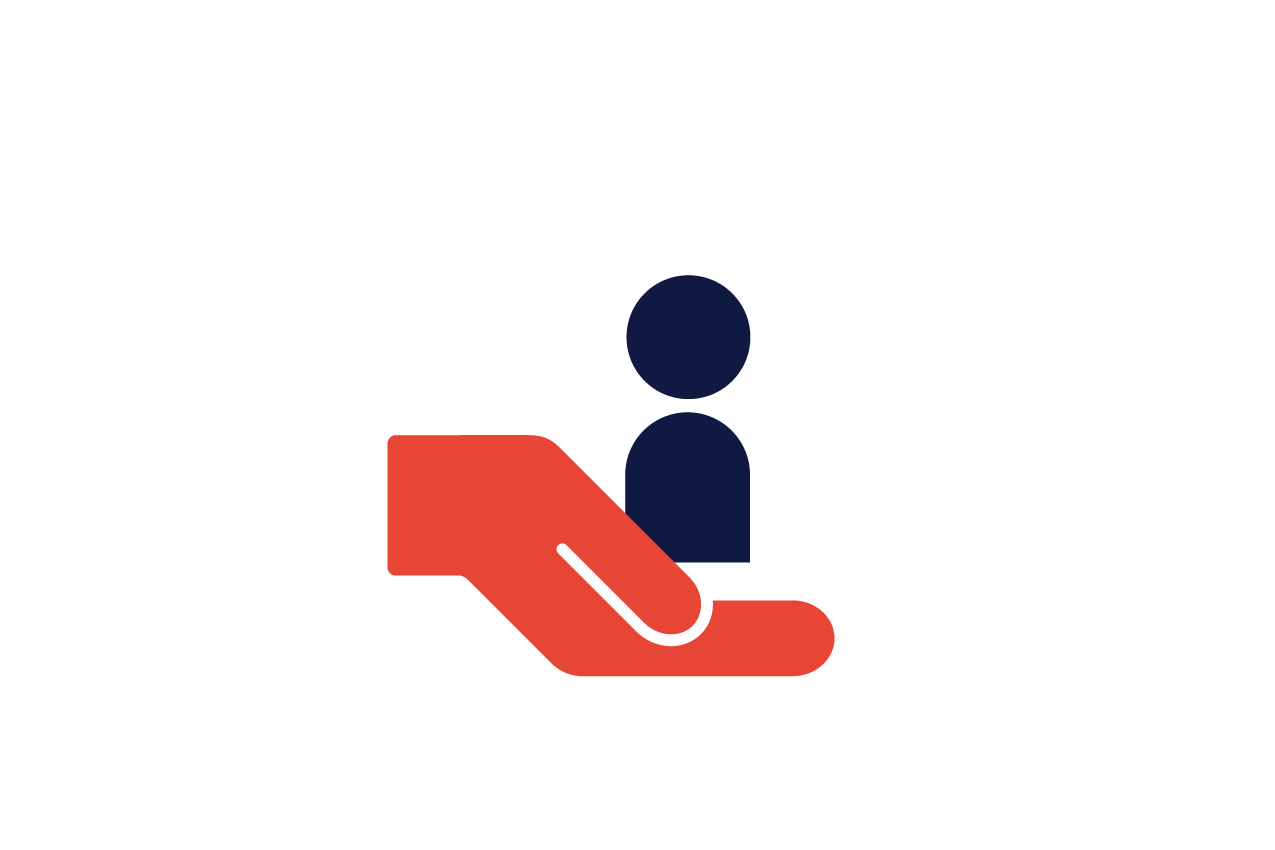June 18th is Autistic Pride Day, where we celebrate and recognise the unique abilities of those with autism. While autism affects 1 in 100 people globally, with 700,000 registered as autistic in the UK alone, only 16% are in full-time work and just under a third are in any kind of employment.
Autism is a spectrum, and while at its most severe it is a disability, on the lower end of the spectrum it can simply mean you see the world differently. In fact, it’s thought that some of the most notable names in history were on the autistic spectrum. From historic names such as Leonardo da Vinci, Albert Einstein, Charles Darwin and Wolfgang Amadeus Mozart; through to pop culture names such as Elon Musk, Sir Anthony Hopkins and Susan Boyle - autism should not be something you hide and can actually mean you succeed in many ways.
recognising the signs of autism
Diagnosing autism is difficult, which is why many people with autism may be going undiagnosed. It’s important to recognise the symptoms not just in others, but in yourself too. Employers can be accommodating to those with autism, but only if they are aware. The NHS lists the below symptoms as common signs of autism in adults:
- finding it hard to understand what others are thinking or feeling
- getting very anxious about social situations
- finding it hard to make friends or preferring to be on your own
- seeming blunt, rude or not interested in others without meaning to
- finding it hard to say how you feel
- taking things very literally – for example, you may not understand sarcasm or phrases like "break a leg"
- having the same routine every day and getting very anxious if it changes
There are also other signs of autism, including:
- not understanding social "rules", such as not talking over people
- avoiding eye contact
- getting too close to other people, or getting very upset if someone touches or gets too close to you
- noticing small details, patterns, smells or sounds that others do not
- having a very keen interest in certain subjects or activities
- liking to plan things carefully before doing them
It’s important to recognise the signs of autism and to be accomodating to them, rather than make judgements on anyone based on them. If you feel you may exhibit any of the behaviours above, you can find out how to get diagnosed on the NHS website here.
Awareness is key
For employers, learning to accommodate those with autism is a journey that many are just starting, so being open and honest about whether you have autism (or even the behaviours of autism without a diagnosis) will be key to helping them accomodate you. Be very honest about your passions and your interests too. As we know, those on the autistic spectrum can have unique abilities in particular tasks or interests and are likely to excel at them. Be honest with your employer about what you like and what you’re good at - they will be very accommodating and will want to have your unique skill and passion on board.
Most of all though - be proud of your autism! While autism can mean certain tasks or situations are more difficult, it can also mean that you have unique abilities that others don't, which will be highly valued by many employers. The key is to be proud, confident and honest when speaking to employers about autism, which will allow them to be as accommodating as possible to you.
At Randstad, we take pride in being an inclusive employer and we practice the inclusive steps to take when accommodating those with autism in our diversity and inclusion report. If you want to pursue your passion - we want your skills on board! Find out more about our live roles by clicking the link below.
